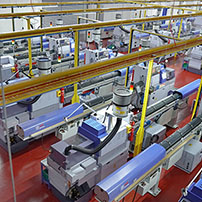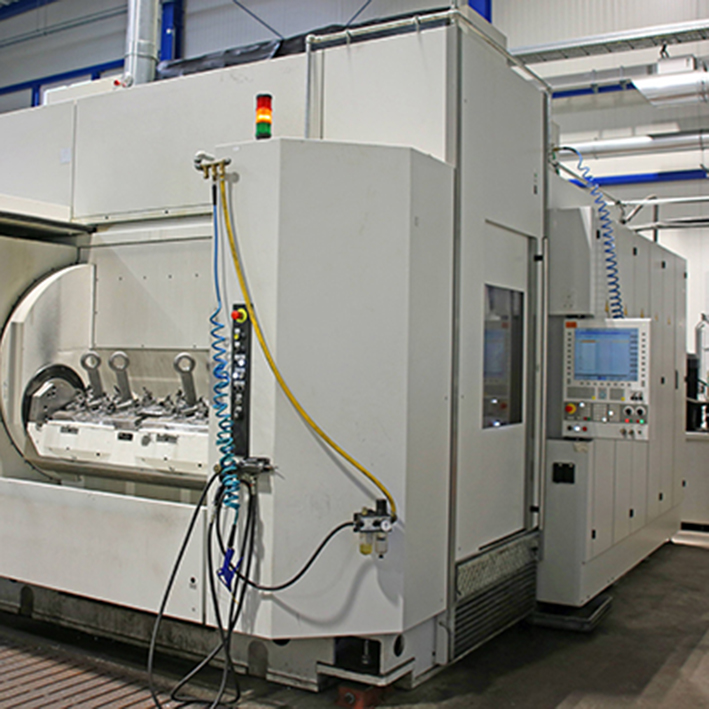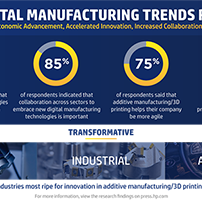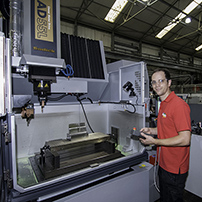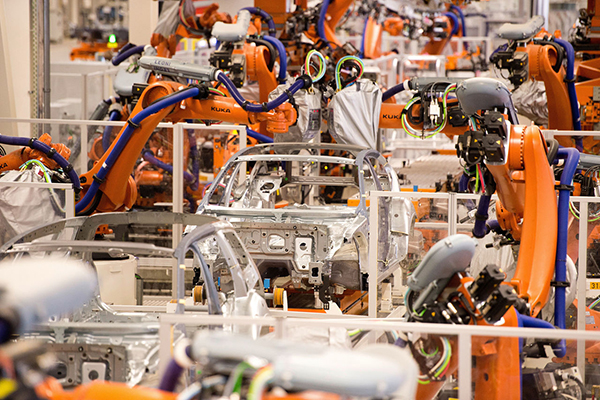
Harwin has started production at its new manufacturing facilities in Portsmouth. Providing an additional 1200 sq m of factory floor, the new plant is enabling the company to quickly and significantly scale-up the production of its high reliability (Hi-Rel) connectors to meet market requirements. The total investment is £3.8m, £1m of which brings in state-of-the-art equipment, with the last few Industry 4.0-ready machines arriving over the coming 12 months.
Harwin has a policy of replacing production equipment every five years to keep up with the latest developments in machinery, thus maintaining reliability and operational effectiveness. In 2016, a new-build 3000 sq m factory was opened, while an R&D centre and apprentice training hub was set up in 2019. The latest round of investment also includes a new training area to support staff with ongoing professional development, encouraging advances in skills and job flexibility.
For further information www.harwin.com







